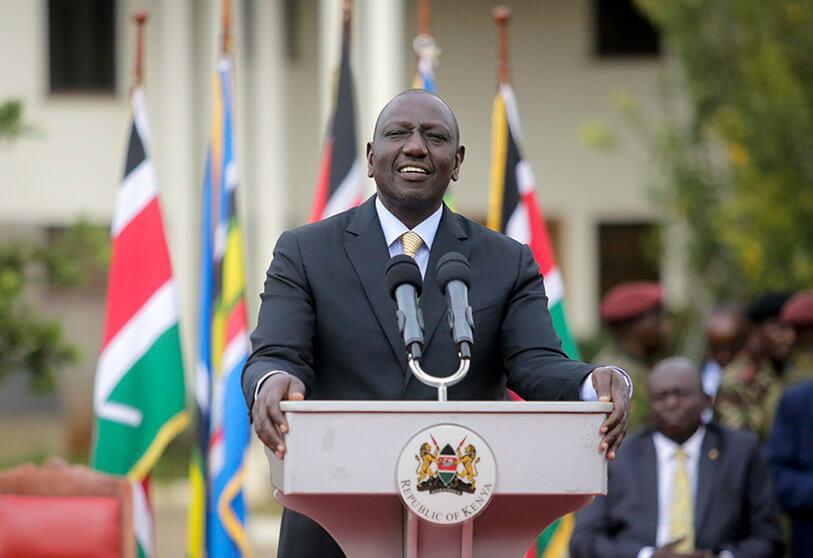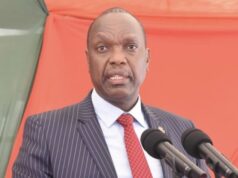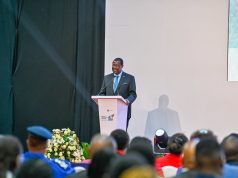Kenya’s President William Ruto has suspended four election commissioners who refused to endorse his win in an August election, the presidency said on Friday, and formed a panel to investigate if they should be removed.
The move has opened a new battle front between the government and the opposition in East Africa’s biggest economy and comes after the national assembly asked Ruto to form a tribunal against Commissioners Juliana Cherera, Justus Nyang’aya, Irene Masit and Francis Wanderi.
Raila Odinga, the veteran opposition leader who narrowly lost the August election and eventually accepted the result, rejected Ruto’s action against the dissenting commissioners.
They (Ruto’s government) have started a scheme to remove the four who stood for justice,” Odinga said on Friday and accused Ruto of trying to seize control of the management of the next election at the cost of acting on the promises he made to Kenyans.
They want to appoint their own members of the commission to carry out their rigging in 2027,” Odinga said, vowing to hold public rallies to consult with Kenyans on the next steps.
The first meeting will be held in Nairobi on Dec. 7, followed by a second one on Dec. 12 at the same venue, he said.
Ruto’s office did not respond immediately when Reuters sought a comment on the accusation.
Later on Friday one of the commissioners, Justus Nyang’aya, said he had resigned, local media reported
I have always endeavoured to act in the best interests of the country, although my actions, taken in good faith, have been misconstrued,” Nyang’aya wrote in a letter to Ruto, according to Citizen TV.
Nyang’aya did not immediately respond to a request for comment.
The four commissioners had held a parallel news conference on Aug. 15 to say they could not be party to the results that were being announced live on television by the chairman and two other commissioners.
The dispute proceeded to the Supreme Court, which upheld the election of Ruto and rejected the arguments advanced by the four about the tallying process being opaque.
The court found that a “boardroom rupture” between the commissioners had undermined public confidence, but it was not enough to invalidate the election.
It, however, called for reforms in the Independent Electoral and Boundaries Commission (IEBC). The IEBC was not immediately available for a comment on Friday.
Neither the four commissioners, nor the opposition which is backing them, participated in the parliamentary inquiry into their conduct, protesting that it amounted to being tried in a “kangaroo court”.
Cherera, who is the vice chair of the IEBC, did not respond immediately when Reuters sought comment. Wanderi and Masit were not immediately available for comment.
Source: Reuters


















